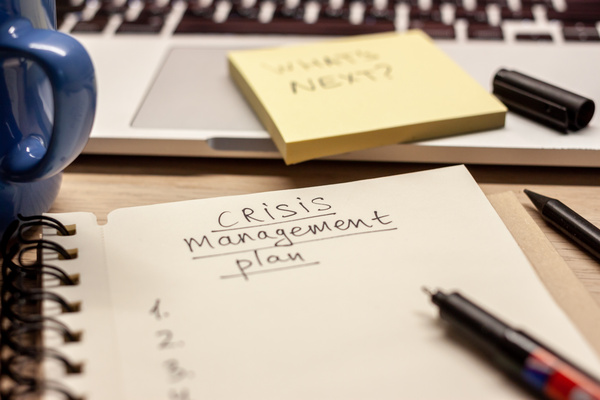As recent events in the not-for-profit sector have shown (see David’s thoughts about the recent Captain Tom and Kids Company stories), there is merit in taking the management and communication of potential crises seriously.
Trying to do something about a situation when it is ‘in the wild’ of social media, or in the actual media, can be a scary, stressy or painful experience. Yet planning can help mitigate the circumstances.
General crisis comms advice
So, how do you react or respond to certain situations on behalf of your organisation? Perhaps it was something expected or unexpected? The main thing; be prepared.
Whether that entails knowing the phrases and stages of the communication process, taking part in a real-life crisis communications simulation – I really recommend this for any larger charities or organisations, especially the real-time ‘journalist call’ or ‘tweet’ to deal with; a valuable experience – or getting ducks in a row around spokespeople, getting your comms right NOW is critical.
Practical aspects, including procedures and strategies to ensure that a particular issue will be dealt with quickly, escalated to the appropriate person or people internally (and externally), and having a folder on a shared drive so multiple colleagues know what to do at any moment are also useful.
Here is some topline advice of how to approach any crisis situation, although this is particularly around social media situations, the Four R's idea courtesy of Sandra Fathi, and also repurposed by Deloitte in a recent PDF on cyber attacks.
Four phases of managing a crisis (aka the Four R’s)
Readiness
Best time to prepare? Before anything even happens. Assess significant risks and potential threats. Keep one ear on social media or listen to customers/suppliers/partners to identify potential situations before they move into a full-blown issue.
Response
Respond quickly and confidently. You may not have time to gather all the facts, but be prepared to respond almost immediately – acknowledge the situation, and its impact, and explain what is happening next.
Reassurance
Keep communicating with relevant and factual (and honest) information. Transparency and authenticity are key. Even if you don’t have the final answer, keep communication channels open.
Recovery
Aim to wrap up the situation as soon as sustainably possible, while considering long-term reputation and aiming to prevent a recurrence of the crisis. Things may not go back to ‘normal’ but aim for a resolution and to move forward.
As with any serious crisis situation, I’d defer to the experts – check out author of ‘Crisis Communication Strategies’ Amanda Coleman (20+ years of police experience, including the 2017 Manchester Arena bombing) or Polpeo’s crisis comms simulators.
Adam Driver is founder and director of Authentic Comms Strategic Consultancy. Follow him on Twitter or LinkedIn.


